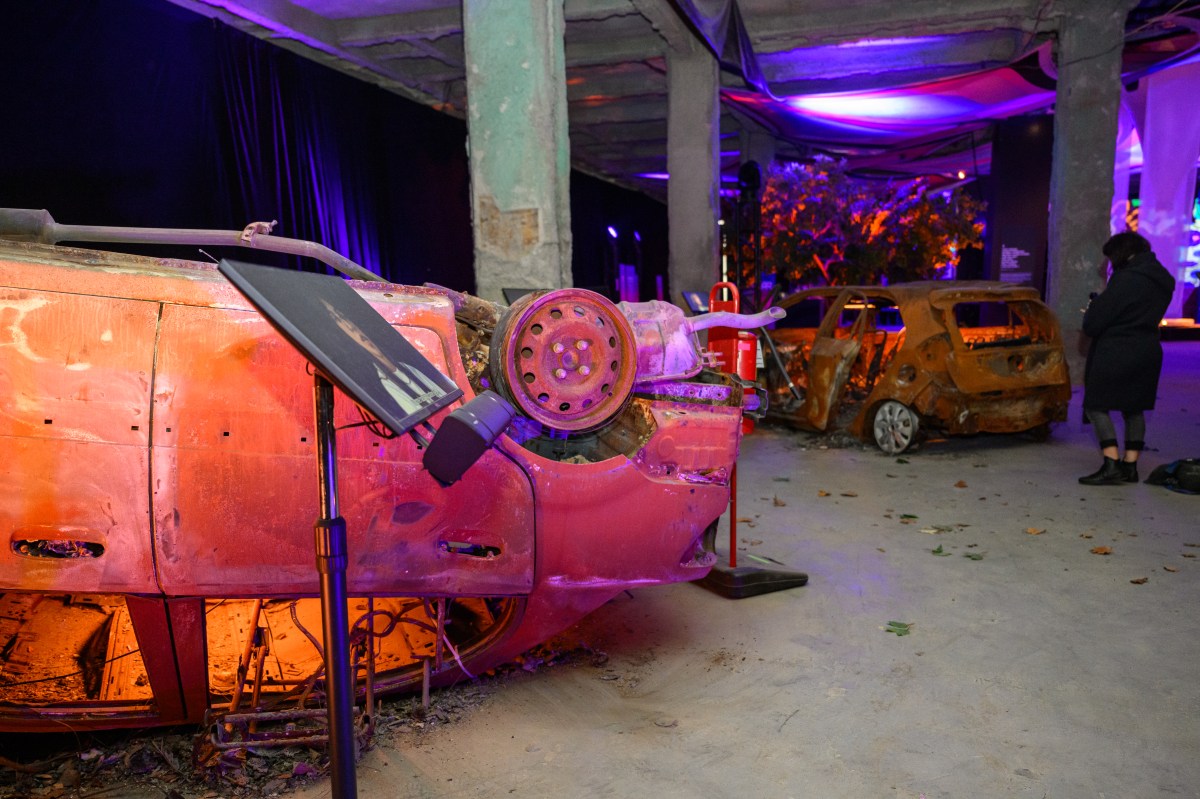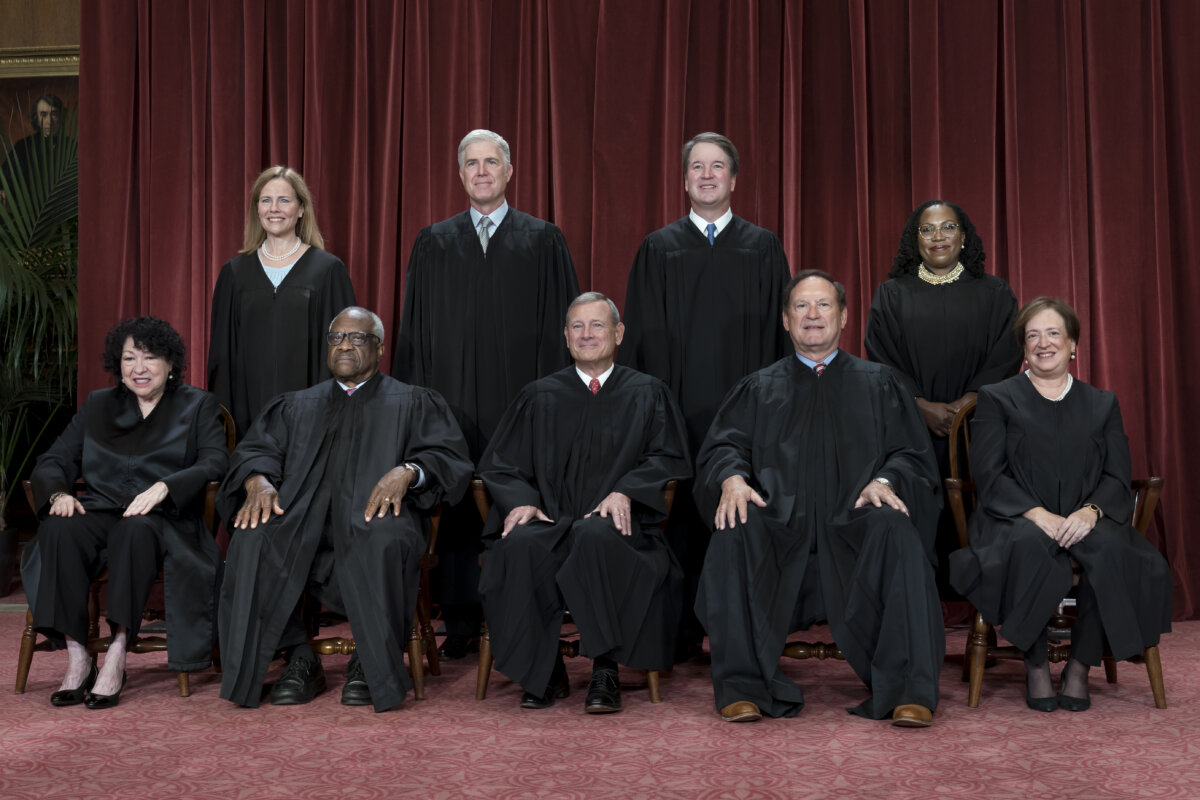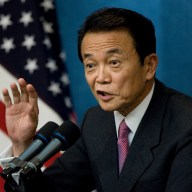tag:reuters.com,2016:binary_LOP000I5FTM45-BASEIMAGE:960X540 fmt:jpegBaseline
tag:reuters.com,2016:binary_LOP000I5FTM45-THUMBNAIL:160X90 fmt:jpegBaseline
tag:reuters.com,2016:binary_LOP000I5FTM45-VIEWIMAGE:512X288 fmt:jpegBaseline
tag:reuters.com,2016:binary_LOV000I5FTM45-STREAM:2000:16X9:MP4 fmt:H264/mpeg
tag:reuters.com,2016:binary_LOV000I5FTM45-STREAM:300:16X9:FLV fmt:flashVideo
tag:reuters.com,2016:binary_LOV000I5FTM45-STREAM:300:16X9:MP4 fmt:H264/mpeg
tag:reuters.com,2016:binary_LOV000I5FTM45-STREAM:5128:16X9:MP4 fmt:H264/mpeg
tag:reuters.com,2016:binary_LOV000I5FTM45-STREAM:512:16X9:FLV fmt:flashVideo
tag:reuters.com,2016:binary_LOV000I5FTM45-STREAM:6756:16X9:MPG fmt:mpeg
tag:reuters.com,2016:binary_LOV000I5FTM45-STREAM:700:16X9:FLV fmt:flashVideo
tag:reuters.com,2016:binary_LOV000I5FTM45-STREAM:700:16X9:MP4 fmt:H264/mpeg
tag:reuters.com,2016:binary_LOV000I5FTM45-STREAM:80:11X9:3G2 fmt:3gpp2MultimediaFile
tag:reuters.com,2016:binary_LOV000I5FTM45-STREAM:80:11X9:3GP fmt:3gppMultimediaFile
tag:reuters.com,2016:binary_LOV000I5FTM45-STREAM:8256:16X9:MP4 fmt:H264/mpeg
By David Lomuria and Denis Dumo
JUBA (Reuters) – People emerged from makeshift shelters in South Sudan’s capital on Tuesday after a ceasefire silenced days of heavy fighting that has destabilized the world’s newest nation.
Forces loyal to President Salva Kiir and Vice President Riek Machar had battled each other with anti-aircraft guns, attack helicopters and tanks since Thursday — almost five years to the day since South Sudan declared independence from Sudan with promises of aid and support from world powers.
“We don’t even know what is happening. These things, they just happen again and again, and the people of South Sudan are suffering. We need peace,” Samson Kenyi, a 34-year-old motorcycle taxi rider said in the capital, Juba.
The violence has raised fears of a collapse of a nearly one-year-old peace deal that was supposed to end two years of ethnically charged civil war between Kiir and Machar’s supporters.
Both leaders deny responsibility for starting the violence and had called for calm while it raged, leading to concerns that they have lost control of their forces or other political actors may be involved.
A ceasefire called on Monday night appeared to hold and officials from Machar’s side said he was ready for talks. But there were no details of a meeting or an accord.
Shops were shut and residents said some of the civilians who ventured out were walking down Juba’s dusty streets toward U.N. bases, where thousands have already sought safety during the clashes.
“Some of the many displaced from the recent fighting have come out to stretch their legs a little bit. They are in the streets. They are not moving far,” said Jeremiah Young, a policy and peace-building adviser for aid group World Vision.
As well as fleeing to U.N. bases, other Juba residents had huddled in churches and schools to escape the fighting.
“The humanitarian needs are going to be very great after this,” Young added by telephone. “They are going to need food, they are going to need shelter, they are going to need water.”
The United Nations called for protection of those uprooted by fighting and easy movement of humanitarian supplies.
The African Union said anyone violating the ceasefire would “be subjected to stern measures, including targeted sanctions”.
The European Union and United States previously imposed sanctions on several military leaders on both sides. But world powers and regional states have struggled in the past to find much leverage over the two men and their forces.
PEACE DEAL
The rival leaders, who have long fought in politics and on the battlefield, could meet or hold telephone talks to shore up the ceasefire, Machar’s spokesman, James Gatdek Dak, said.
He said it was not clear when such talks might take place, and that a venue had to be agreed.
“Machar is committed to implementation of the peace agreement. If Kiir can reciprocate I believe they can build confidence,” he said. “If one party is not committed to implementation of the peace agreement, I doubt that they will successfully agree to work together.”
An international body, the JMEC, was set up to monitor the ceasefire and peace deal implementation, and it is chaired by Festus Mogae, a former president of Botswana. Machar’s spokesman said the JMEC was mediating. The JMEC had no immediate comment.
The civil war, which broke out in December 2013 after Kiir sacked Machar, killed thousands of people, drove more than 2.5 million people from their homes and left almost half the nation of 11 million struggling to find enough food.
Oil production, a vital revenue source for the impoverished nation, has plummeted. Fighting often followed ethnic lines, pitting Machar’s Nuer group against Kiir’s Dinka.
Kiir’s officials have said the president is committed to working with Machar to implement a peace deal to end that conflict. It was signed in August 2015 but was followed by months of wrangling over details and sporadic fighting around the country.
Machar returned to Juba in April, retaking the post of vice president, a move seen as a step toward securing the peace.
But the relationship between the rivals remains brittle and experts say the failure to implement elements of the peace deal, such as integrating their rival forces, has increased the chance of further fighting.
Machar’s side says the flare-up on Thursday, which led to the street battles, was triggered by the shooting of one of the vice president’s officers.
The United States has condemned the violence and said it would hold those who commit atrocities or impede efforts to stop the fighting “fully accountable”.
The U.N. Security Council has demanded Kiir and Machar rein in their forces and said attacks on civilians or U.N. bases, which were hit in the exchange of fire, could amount to war crimes that would need investigation.
(Additional reporting by George Obulutsa and Duncan Miriri in Nairobi and Tom Miles in Geneva; Writing by Edmund Blair; Editing by Andrew Heavens and David Stamp)


















